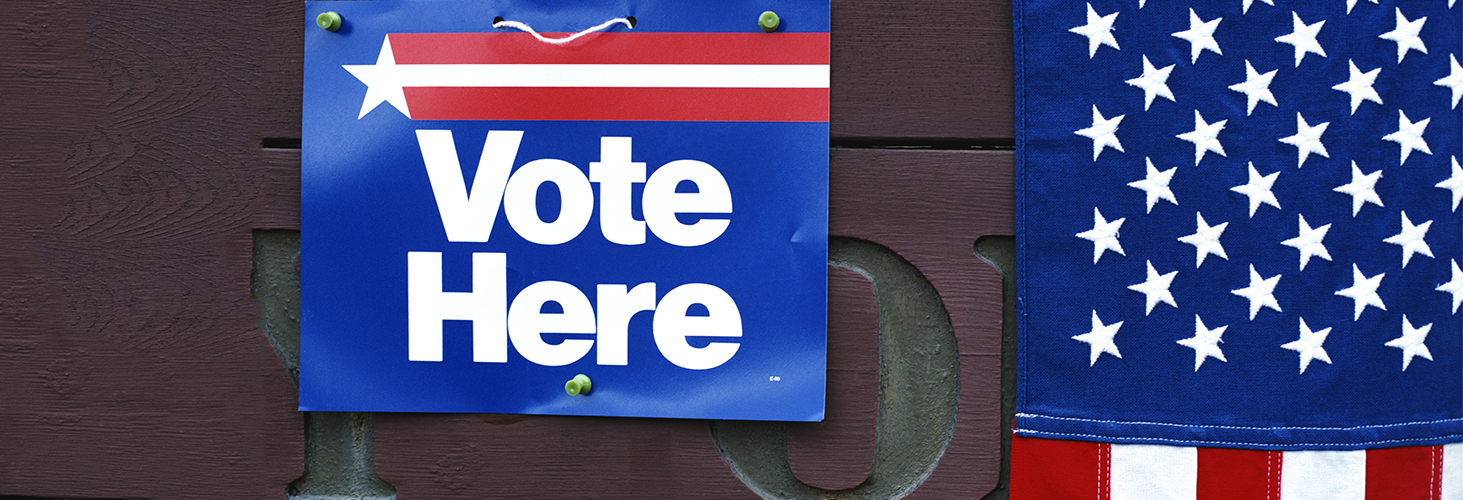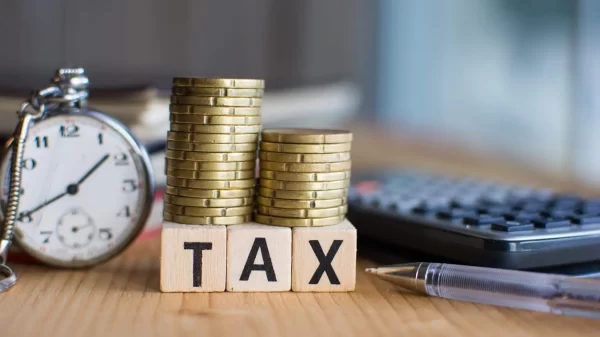By Brandon Moseley
Alabama Political Reporter
Tuesday, St. Clair County voters go to the poll to decide whether or not to raise property taxes. The large tax increase is to support the schools in St. Clair County.
St. Clair County School System Board Attorney John Rhea said in a statement that the board asked him to explain the vote to make sure that the voters of St. Clair County can make an informed decision. There will be two measures on the ballot: first a proposed county wide 5 mill tax increase. If you support that then vote “yes.” If you oppose it vote “no”. 50 percent of the voters plus one will decide that. There is also a 3 mill district tax on the ballot.
It works a little bit different.
There are five separate school systems in St. Clair County: Trussville City Schools, Pell City Schools, Leeds City Schools, and everything else (which includes: Ashville, Ragland, Steele, Margaret, Odenville, Moody, Argo, and most of the unincorporated rural area of the county. Each of the five districts must vote in favor of the district tax for it to pass.
An 8 mill increase means that every $100,000 home will pay an additional $80 in property taxes on top of what they already pay. A $200,000 home would pay $160 in additional taxes. The owner of a $300,000 home would pay an additional $240 a year in taxes. Many homeowners don’t notice their property tax bill because the mortgage company pays the taxes and then passes those costs on to through the mortgage cost. Similar renters pay the property taxes through higher rents.
Rhea said, “We do really well with what we have,” but insisted that the schools need more money. The current St. Clair County millage rate dedicated to schools is 13.5 mills.
If both taxes pass the millage rate for schools would soar to 20.5 mills a 59.3 percent increase over the current rate for schools. Currently the total mills, schools and everything else, is 31.5. If both tax increases pass it would soar to 39.5 mills.
Rhea said that that is less than taxpayers pay in Jefferson and Shelby Counties.
Rhea says that all of the money will be used for education and claims that the money will be used for new buildings, too hire more teachers, for more pre-K classrooms, for new computers, and for workforce development programs.
The State of Alabama contributes $51,602,598 to the St. Clair County schools system alone. Local taxes on top of that fill the Board’s coffers with another $19,728,716.
The tax increase has been highly controversial. Yellow “Vote No” signs have sprung up in yards across the county as citizens opponents try to gear up to motivate voters to reject the property tax increase.
Some voters are objecting that the money goes to the school boards without any earmarks at all. The money could be used by the five boards for any purpose. Other opponents object to taxing homeowners, business owners, and farms through property taxes rather than spreading the burden around in the form of a sales tax. Other opponents tell the ‘Alabama Political Reporter’ that they oppose the measure because it was being passed silently in a single issue special election rather than being added to the regularly scheduled 2018 elections, costing extra dollars that it would not have cost if it were simply added to the normal election ballot.
Some Moody residents told the Alabama Political Reporter that they would have supported it if Moody were forming its own school system; but said that they did not trust the St. Clair County School Board to return Moody tax dollars to the schools in Moody.
The polls will open at 7:00 a.m. on Tuesday and will close at 7:00 p.m.
To vote in any Alabama election you must bring valid photo-ID.





















































